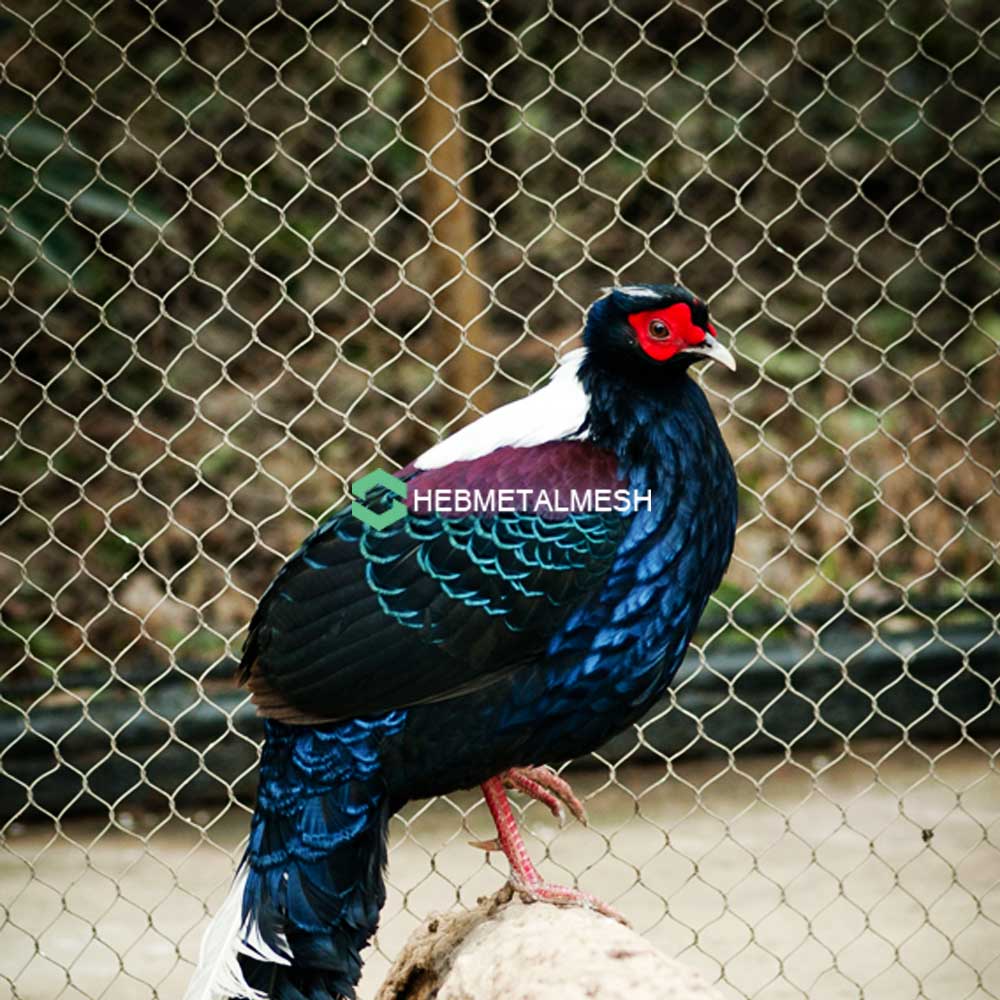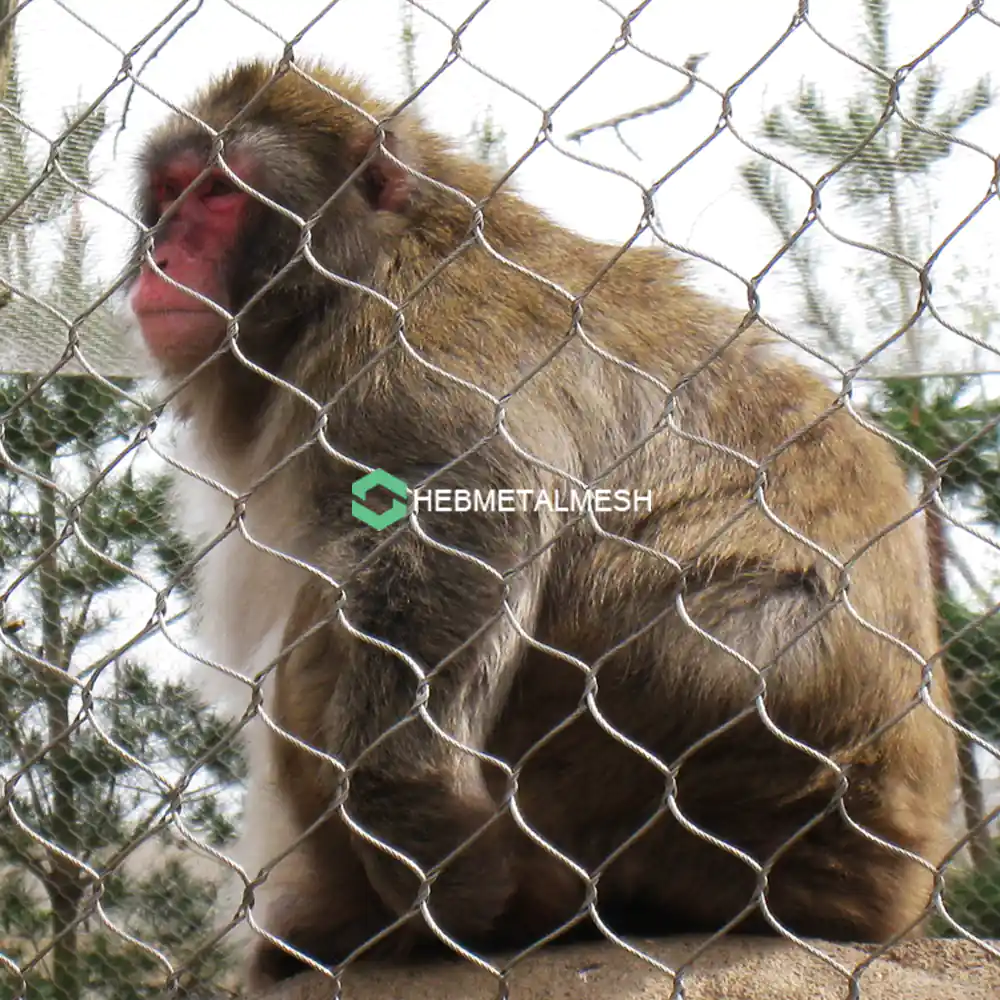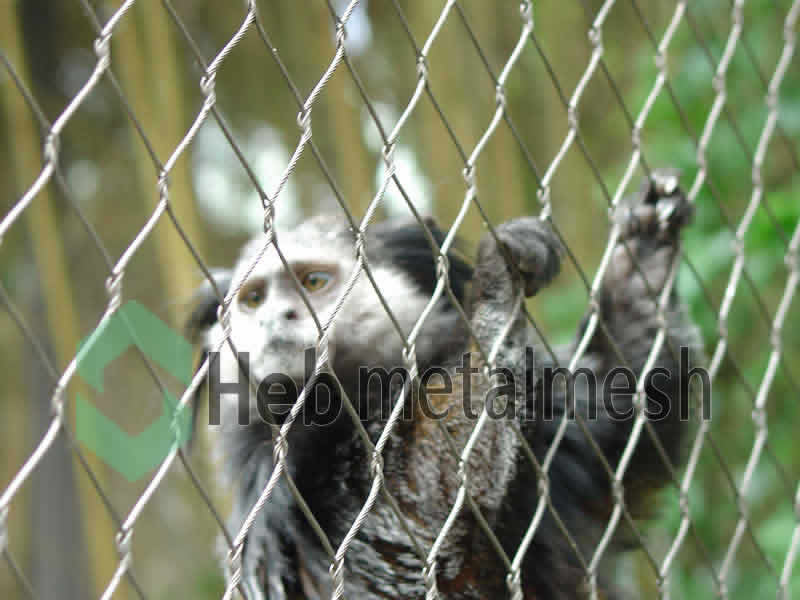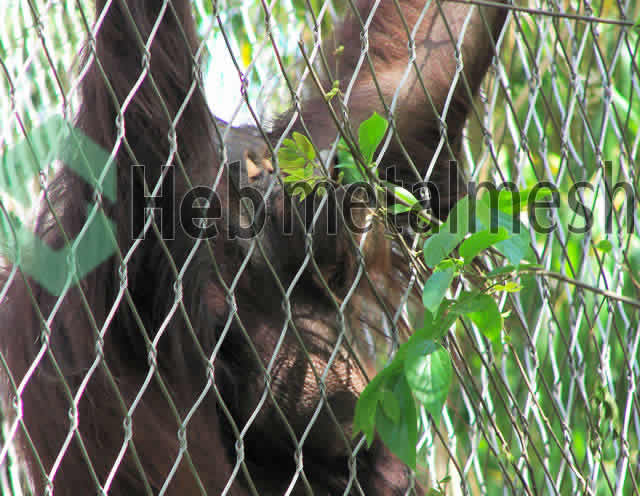Picking the right fence is important for businesses and homeowners who want to keep their property safe.
Enclosure mesh serves as a security barrier and can range from simple wire fencing to sophisticated mesh systems designed for specific applications. The right choice can mean the difference between a secure perimeter and a vulnerability that could be exploited.
In this article, we’ll guide you through the factors to consider when selecting the right enclosure mesh for your needs. Whether you’re safeguarding a construction site, creating animal enclosures, or installing a security fence around your home, you’ll find valuable insights here.
Understanding the Basics of Enclosure Mesh
Enclosure mesh, often referred to as wire fencing, is a woven or welded grid of wire strands designed to create a barrier for various purposes, including security, safety, and containment. It is essential to know the different types of enclosure mesh available and their characteristics to make an informed decision.
Types of Enclosure Mesh
- Zoo Mesh: it is woven from stainless steel wire rope, includes black oxide and nature color.
- Welded Wire Mesh: This type is characterized by wires that are welded at the intersections to form a rigid structure. It is commonly used in industrial and agricultural settings.
- Woven Wire Mesh: Woven wire mesh has wires that are twisted together to create a flexible net-like barrier. It is often used for livestock enclosures.
- Chain Link Fencing: A widely used type of enclosure mesh, chain link is durable and offers good visibility, making it a popular choice for residential and commercial properties.
- Expanded Metal Mesh: Made by cutting and stretching metal sheets, this mesh is extremely durable and is often used for high-security applications.
Factors to Consider
When selecting an enclosure mesh, you must consider the following factors:
- Material: The durability and strength of the mesh depend on the material it is made from, such as steel, aluminum, or coated metals.
- Mesh Size: The size of the gaps in the mesh determines the level of security and containment it provides.
- Wire Gauge: The thickness of the wires, measured in gauges, affects the mesh’s strength and resistance to cutting or damage.
- Coating: Protective coatings, such as PVC or zinc, can improve the mesh’s resistance to weather and corrosion.
Assessing Your Security Needs

Evaluating Risks and Vulnerabilities
Before choosing your enclosure mesh, it’s crucial to evaluate the potential risks and vulnerabilities of your property. Consider the following questions:
- What are you trying to protect or contain?
- What are the potential threats or challenges in your area (e.g., wildlife, vandalism, theft)?
- Are there any regulatory requirements for your industry or location that you need to comply with?
Choosing the Right Level of Security
The level of security you need will greatly influence the type of enclosure mesh you select. For high-security areas, a robust mesh with a small aperture and a higher wire gauge may be necessary to prevent unauthorized access. In contrast, for lower-risk applications, a more cost-effective and less heavy-duty option might suffice.
Considering Aesthetics and Visibility
Balancing Security with Design
While security is the primary concern, the appearance of your enclosure mesh can also be important, especially in residential or public-facing areas. Consider how the mesh will blend with the surroundings and whether it provides the desired level of visibility.
Visibility and Surveillance
Visibility through the mesh is an essential aspect to consider. If surveillance cameras are part of your security system, you’ll need a mesh design that allows for clear visibility and doesn’t obstruct the camera’s view.
Durability and Maintenance
Weather and Environmental Factors
The environment in which the enclosure mesh will be installed plays a significant role in your choice. Factors like climate, exposure to saltwater, and the presence of chemicals or other corrosive substances can influence the longevity of the mesh.
Longevity and Upkeep
Maintenance requirements and the expected lifespan of the mesh should be part of your decision-making process. A high-quality, coated enclosure mesh may have a higher upfront cost but could result in lower maintenance expenses over time.
Installation and Customization
Ease of Installation
Consider how easy the enclosure mesh is to install. Some mesh types might require specialized tools or professional installation.
It’s important to make sure you can afford the installation process.
Customization Options

Depending on your specific needs, you may require a customized enclosure mesh. Some suppliers offer made-to-order sizes, shapes, or coatings. Customization can be particularly important in non-standard applications or when integrating the mesh with other security features.
Cost Considerations
Initial Investment vs. Long-Term Value
While cost is always a consideration, it’s important to weigh the initial investment against the long-term value provided by the enclosure mesh. A less expensive option might save money upfront but could cost more in repairs, replacements, or breaches in security over time.
Comparing Quotes and Suppliers
It’s advisable to obtain quotes from multiple suppliers and compare the costs and benefits of their products. Keep in mind that the cheapest option is not always the best when it comes to security and durability.
Regulations and Compliance
Understanding Local Codes and Standards
Be aware of any local building codes, zoning regulations, or industry standards that could affect your choice of enclosure mesh. Non-compliance could result in fines or the need to replace non-conforming materials.
Certifications and Testing
Look for products that have been tested and certified by recognized bodies. Certifications can provide assurance that the mesh meets specific safety and quality standards.
Conclusion
Choosing the right enclosure mesh is a multifaceted decision that requires careful consideration of security needs, environmental factors, aesthetics, durability, installation requirements, cost, and regulatory compliance. By taking into account all these aspects, you can select an enclosure mesh that provides the optimal balance of security and value for your specific situation.
Remember that the best decision is an informed one. Consult with professionals, compare products, and consider the long-term implications of your choice. With the right enclosure mesh in place, you can enjoy peace of mind knowing that your property, assets, or livestock are secure.

